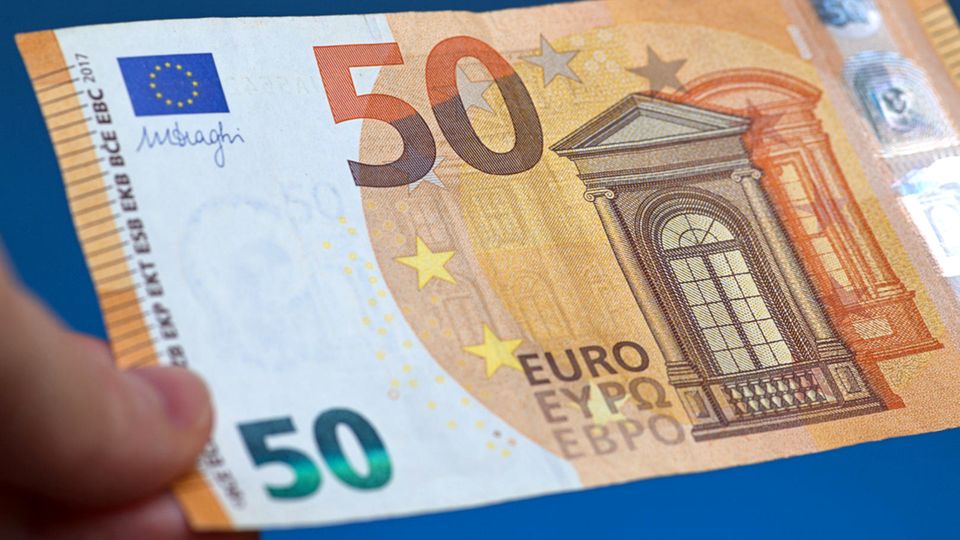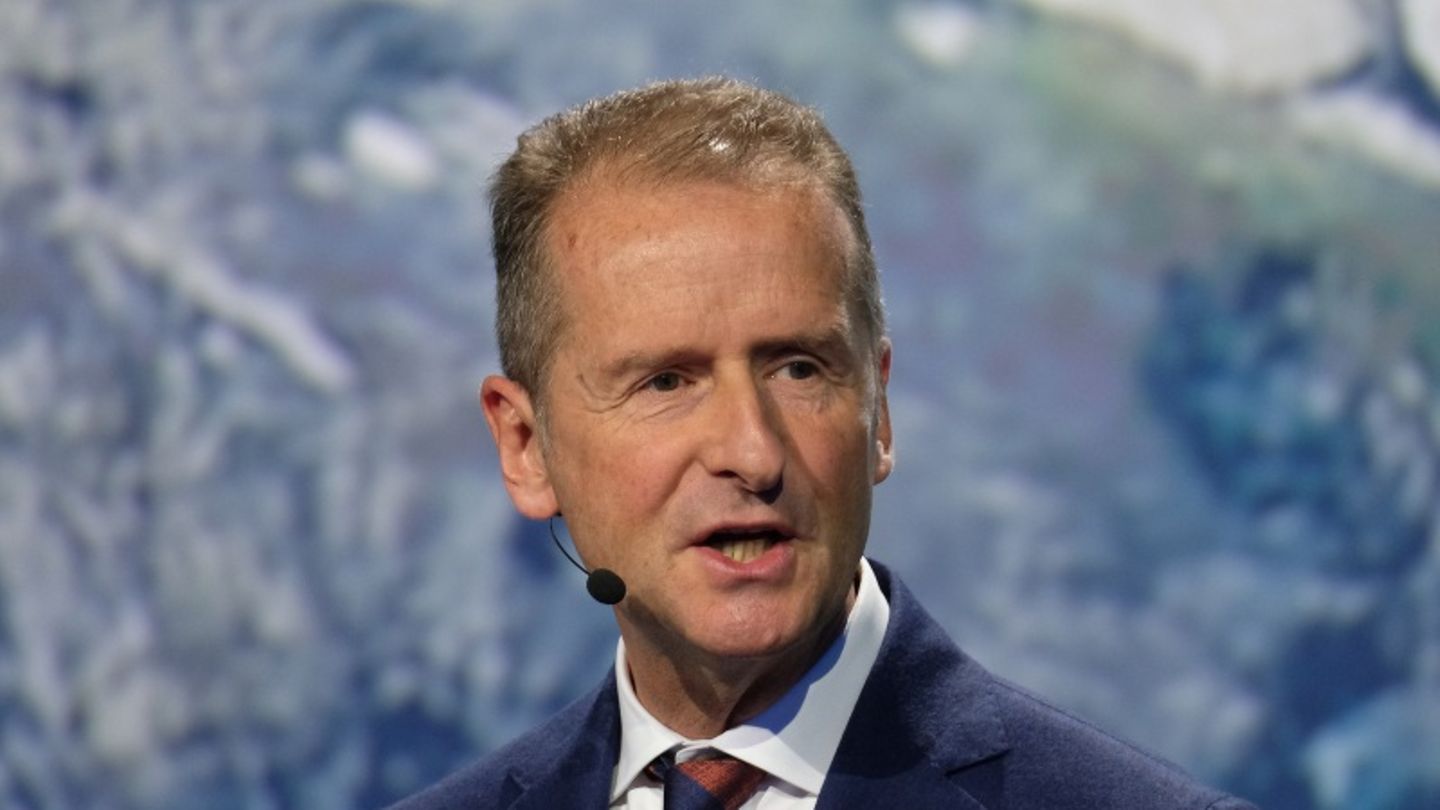The DAX corporations are shifting part of their executive board remuneration to old-age provision. At the end of 2020, 3.5 billion euros were raised for former top managers – and the trend is rising.
Germany’s Dax companies have reserved billions for the retirement of their top managers. The pension obligations for former members of the Board of Management already totaled just under 3.5 billion euros at the end of 2020, according to an evaluation of the annual reports by the German Press Agency.
Millions of pensions despite salaries in the millions
The trend is increasing. The front runner is the VW Group, whose ex-board members are entitled to a pension of 396 million euros, followed by Daimler with 362 million euros. If you add up the claims already acquired by the currently active Dax board members, a further 430 million euros are added.
The total is even higher because not all companies provide information on old-age provision for their top employees, according to Linde and Munich Re. The old-age provision is also partly shown according to different accounting methods.
The salaries of the board of directors are so high that the top managers could make provisions for retirement at their own expense. VW boss Herbert Diess received 7.7 million euros last year.

“Customary market amount” – the others do it too
The argument that other companies do the same is often used as a justification for the lavish old-age provision: “The remuneration system for the members of the Board of Management is determined by the Supervisory Board and currently also includes a customary and appropriate contribution to a company pension,” says Daimler.
VW points out that the pension provisions of Volkswagen AG for the company pension scheme for the entire workforce totaled around 45.1 billion euros at the end of 2020. “The share for current and resigned board members is less than one percent,” says a spokesman. “The level of the executive board remuneration should be appropriate and attractive in a national and international comparison.”
Lower Saxony’s Prime Minister Stephan Weil (SPD), who sits on the supervisory board, also has a say in the VW pension scheme. The State Chancellery in Hanover left an inquiry unanswered.
Smaller Dax companies less generous
“Customary in the market” is a flexible term, because the old-age provision is by no means so rich everywhere: Only VW and Daimler have set aside more than 350 million for their top pensioners. There are over 200 million each at Deutsche Telekom, Deutsche Bank, BASF and Bayer. Telekom is also a state-owned company, with State Secretary of State for Finance Rolf Bösinger on the supervisory board.
Six other companies, on the other hand, are comparatively frugal with less than 50 million each: the software manufacturer SAP, Fresenius and the parent company Fresenius Medical Care, the housing company Vonovia, the engine manufacturer MTU and the chemical company Covestro.
The smaller Dax companies tend to be less generous. However, some large, highly profitable companies, such as SAP, are also setting aside comparatively modest sums of money for top management provisions, while Deutsche Bank, which has suffered from poor earnings for years, gives its board members very generous consideration.
The opposite pole to VW and Daimler are Deutsche Wohnen and the food supplier Delivery Hero, who leave the management staff to provide for their own retirement and do not pay company pensions.
Transparency rule: a game of hide and seek
There are numerous transparency regulations for manager salaries. But the pension obligations in the annual reports show that the total costs of the top floor can be hidden reasonably elegantly.
The total remuneration of the members of the Management Board is usually shown in accordance with the German Commercial Code (HGB), without pension provision. And apart from that, the total compensation tables also lack the ongoing payments to alumni, which are also high.
Take Siemens, for example: Last year, the active members of the Management Board were paid 26.5 million euros, the former and retirees received 16 million euros – although, unlike some other companies, Siemens does not hide these figures in the appendix at the back of the annual report or keep them completely silent.
Actual salaries “no longer traceable”
“An ever larger part of the remuneration has been shifted to old-age provision,” criticizes Marc Tüngler, managing director of the DSW shareholders’ association and member of the government commission on the German Corporate Governance Code. “That contributes to the lack of transparency, since the actual amount of the remuneration can no longer be traced. There would be nothing against cutting off this braid.”
Since German corporations are in competition with international companies, according to Tüngler this would not even lead to significant wage losses: “A waiver of pension commitments would lead to an increase in fixed salaries. But from our point of view that would be the better and more transparent solution.”
Jane Stock is a technology author, who has written for 24 Hours World. She writes about the latest in technology news and trends, and is always on the lookout for new and innovative ways to improve his audience’s experience.




